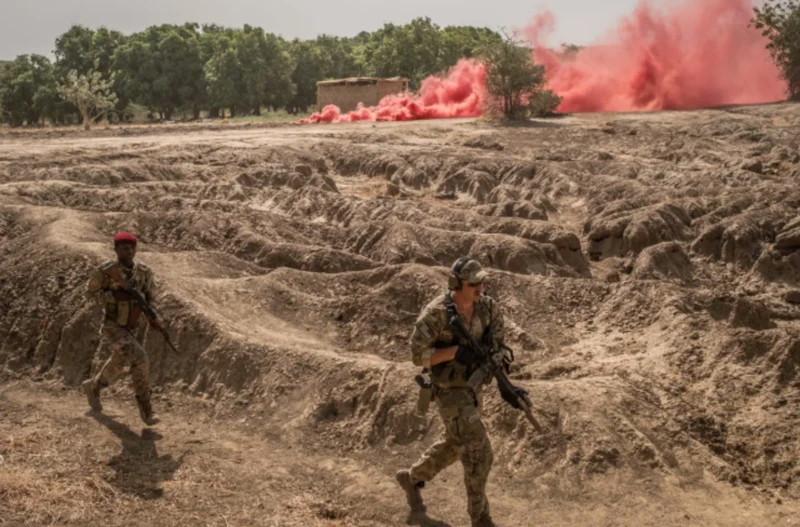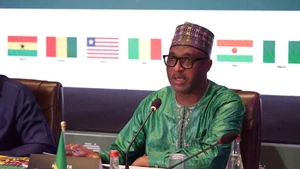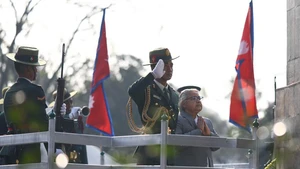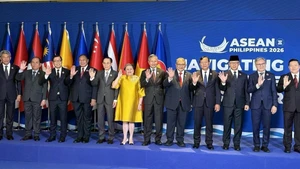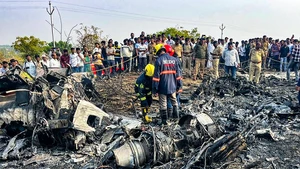Last March, Niger and the US faced a setback in their partnership, when the military government in the African country announced the immediate revocation of an agreement allowing military and civilian employees of the U.S. Department of Defense in Niger. On national television, the spokesman of the Nigerian military government stated that this agreement did not only meet the wishes and interests of the Nigerian people, but it was also oppressive, violating democratic rules and regulations and the Nigerian Constitution. It is worth mentioning that the Niger government's statement was made immediately after the visit to Niger by a delegation of senior officials from the US Departments of State and Defense.
Immediately, observers expressed concern that US soldiers being “expelled” from Niger would deal a strong blow to anti-terrorism efforts. Last year, the US had about 1,100 troops and operated two bases in Niger, including a drone base built near Agadez.
This base is used to fight terrorist groups, such as the self-proclaimed Islamic State (IS) and Al-Qaeda's branch in the Sahel region. The risk of losing Agadez Air Base, which supports Washington’s efforts across the Sahel, raised concerns that it would significantly reduce the US' counterterrorism capabilities in the region, leading to serious security consequences for countries in the Sahel region, as well as the entire greater sub-Saharan Africa region.
A few days after reaching an agreement to withdraw forces from Niger, the US announced a temporary withdrawal of troops from Chad. At a press conference on April 25, at the US Military Command in Africa, the Pentagon spokesman stated that this is a temporary measure in the ongoing assessment of security cooperation between the US and Chad. Meanwhile, Chad emphasised concerns about the presence of US forces, which stems from a common commitment to the fight against terrorism.
Africa has continued to witness instability, as a series of coups have broken out since 2019, in Gabon, Niger, Burkina Faso, Chad, Guinea, Sudan and Mali. Observers say that the loss of military foothold in Niger and Chad is likely to make it more difficult for the US to monitor jihadists in Africa, track human trafficking, drug trafficking and transportation of illegal weapons.
Washington's difficulties are even clearer, when the G5 Sahel - the anti-terrorism alliance of which the US is a supporter - faces the risk of disbanding, after Mali, Burkina Faso and Niger announced their withdrawal from organisations and agencies of the G5 Sahel, including the joint force. Despite Washington’s contributions in the form of training, equipment and financial support, the G5 Sahel still struggles to effectively address transnational terrorist threats.
President Joe Biden's administration has recently made continuous efforts to restore its position in Africa. Meanwhile, many continental countries make no secret of their decision to expand partners to promote their interests. With US soldiers forced to withdraw from Niger and Chad, Washington is at an important turning point in its foreign policy. According to experts, to continue competing for influence in Africa in the context of many strong opponents, Washington faces the need to adjust its approach to strategic partnerships in the region.
Security cooperation is one of the two most important US policy tools in Africa, besides economic partnership. Recent turmoil in the security partnership raises the question of whether it is time for the US’ key economic initiatives to take on a stronger role.
